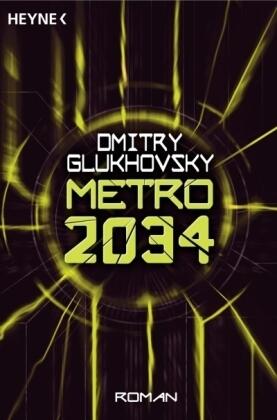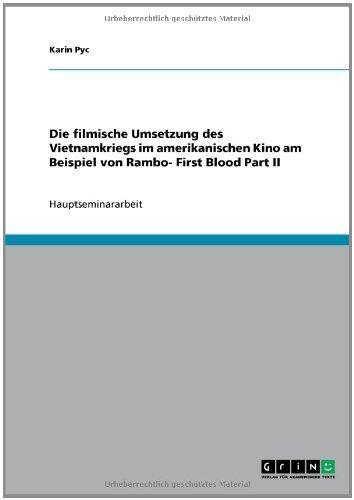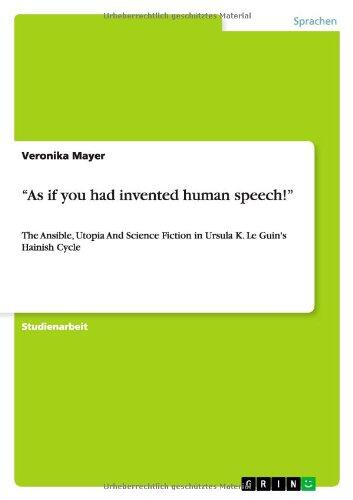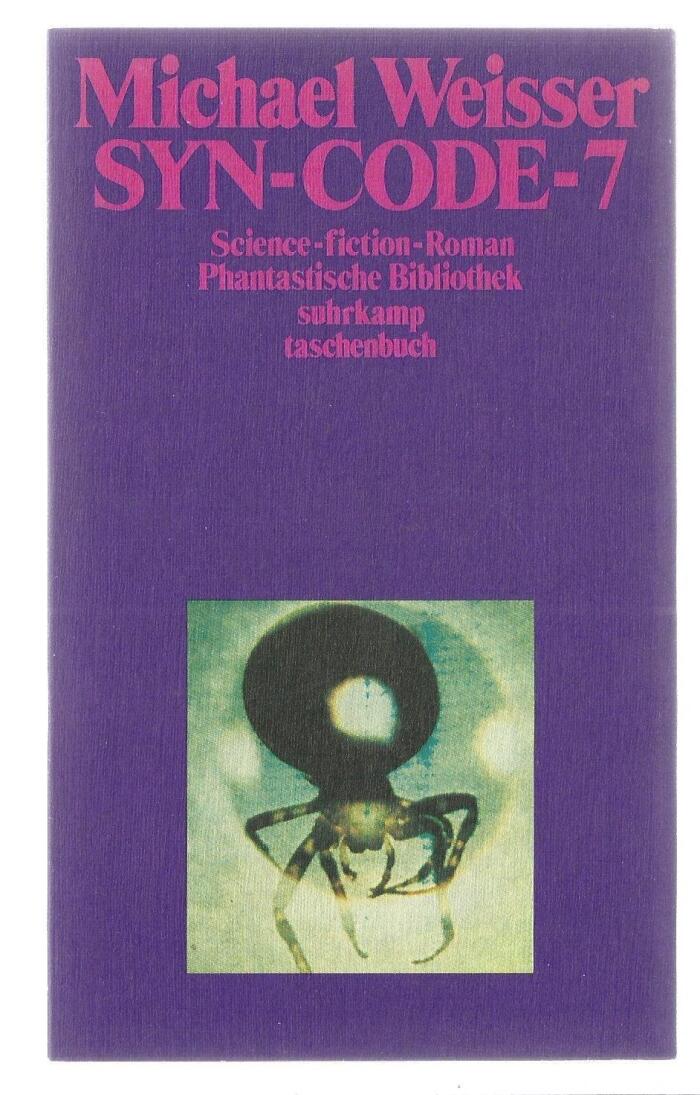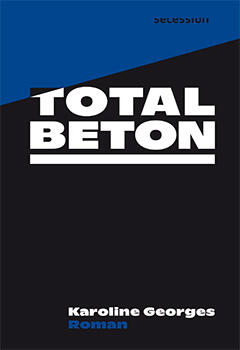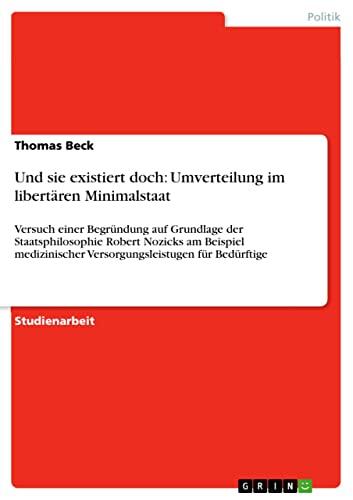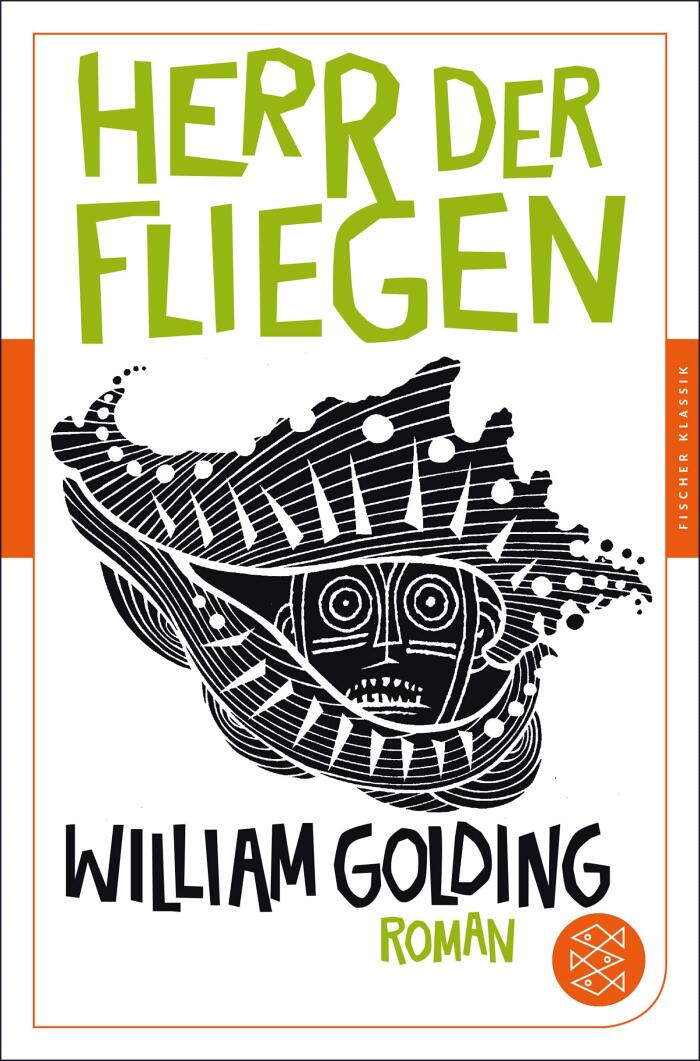
Reiseführer durch das Jenseits. Die Apokalypse des Paulus in der Slavia Orthodoxa
av
Nikolaos H Trunte
Inga betyg ännu
Dystopian
Format
Pocketbok
Sidor
360
Språk
Tyska
Publicerad
Jan 1, 2013
Förlag
Peter Lang GmbH, Internationaler Verlag der Wissenschaften
Utgåva
New
ISBN-10
386688320X
ISBN-13
9783866883208
Beskrivning
In this insightful exploration, Nikolaos H. Trunte delves into the intriguing intersection of early Christian thought and Slavic cultural contexts. With a focus on the Apocalyptic visions attributed to Paul, the work unravels how these theological motifs resonate within the realm of Slavia Orthodoxa. Trunte's analysis reveals a rich tapestry of beliefs and practices as he examines the impact of these apocalyptic narratives on Slavic identity and spiritual life.
Trunte meticulously traces the historical and literary influences that shaped the reception of Paul's apocalypse in Slavic Christianity. By highlighting the unique adaptations and interpretations within the Orthodox tradition, he draws attention to the resilience and flexibility of faith in the face of existential questions posed by the end times. The author's scholarly approach balances rigorous analysis with accessibility, making complex ideas understandable to a wider audience.
As the reader progresses through the pages, they encounter not only theological discussions but also reflections on how these ancient texts continue to carry significance in contemporary Slavic societies. Trunte’s work encourages a dialogue between past and present, fostering a deeper appreciation for the cultural legacy of apocalyptic thought in Eastern Christianity.
Overall, this study is a significant contribution to the fields of Slavic studies and religious history, urging readers to contemplate the profound ways in which apocalyptic literature informs spiritual and cultural identity.
Trunte meticulously traces the historical and literary influences that shaped the reception of Paul's apocalypse in Slavic Christianity. By highlighting the unique adaptations and interpretations within the Orthodox tradition, he draws attention to the resilience and flexibility of faith in the face of existential questions posed by the end times. The author's scholarly approach balances rigorous analysis with accessibility, making complex ideas understandable to a wider audience.
As the reader progresses through the pages, they encounter not only theological discussions but also reflections on how these ancient texts continue to carry significance in contemporary Slavic societies. Trunte’s work encourages a dialogue between past and present, fostering a deeper appreciation for the cultural legacy of apocalyptic thought in Eastern Christianity.
Overall, this study is a significant contribution to the fields of Slavic studies and religious history, urging readers to contemplate the profound ways in which apocalyptic literature informs spiritual and cultural identity.
Recensioner
Inga recensioner ännu
Bli den första att recensera denna bok och dela dina tankar
Lägg till första recensionenLäsdagbok
Inga läsloggar hittades
Börja spåra dina läsframsteg för att se loggar här
Lägg till din första läsloggAnteckningar
Inga anteckningar hittades
Börja skriva anteckningar för att se dem här
Lägg till din första anteckningTransaktionslogg
Inga transaktionsloggar hittades
Börja spåra dina boktransaktioner för att se loggar här
Lägg till din första transaktionslogg